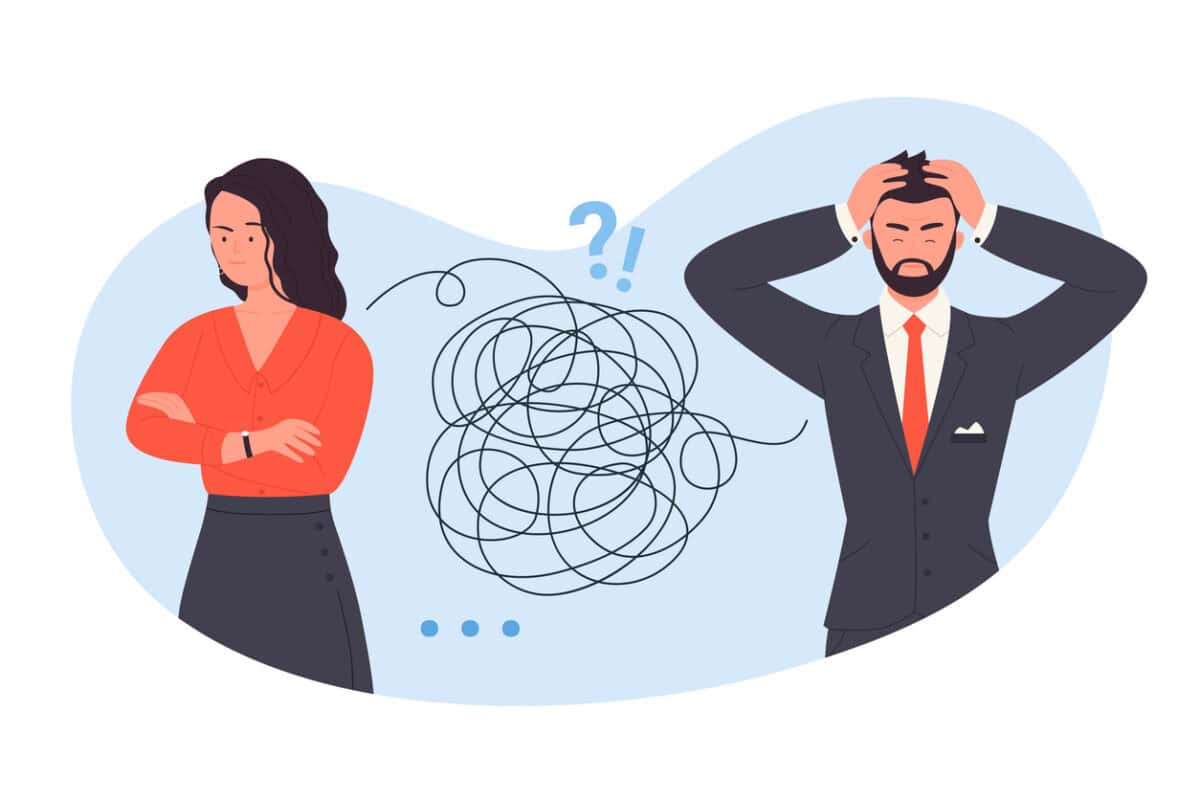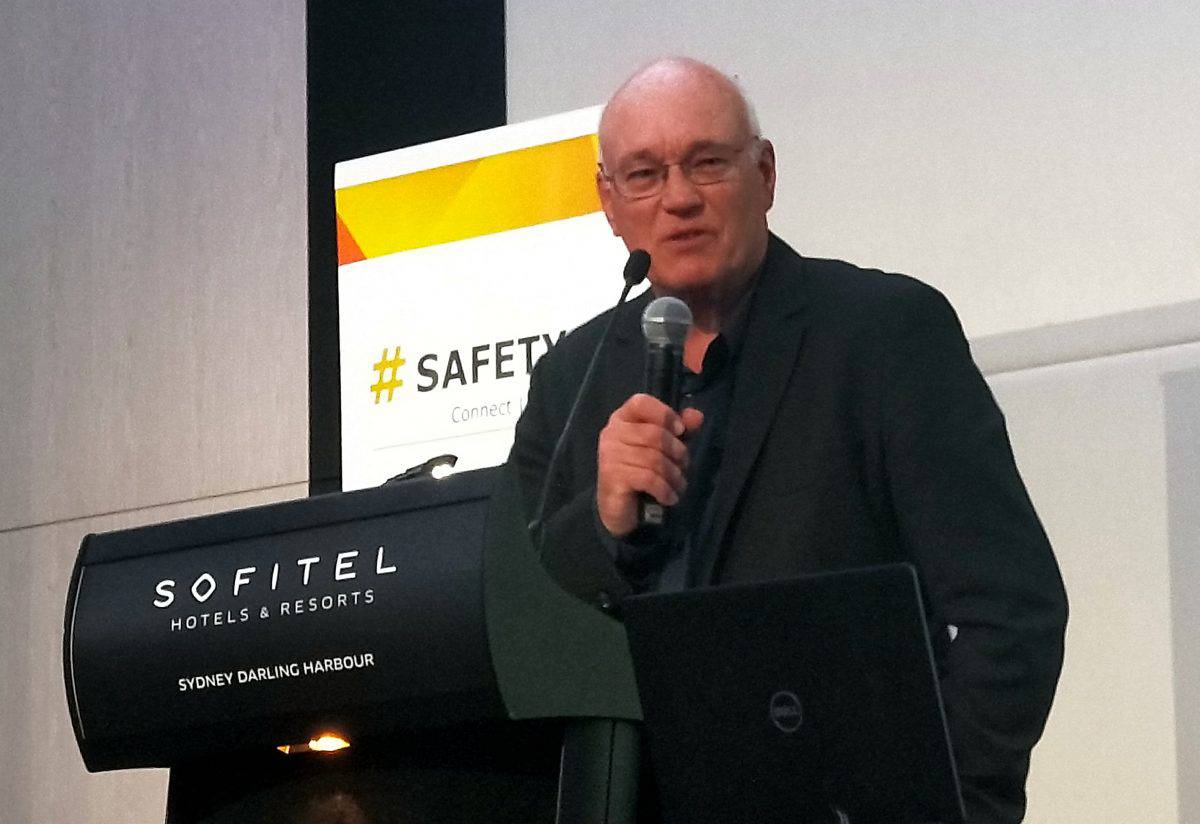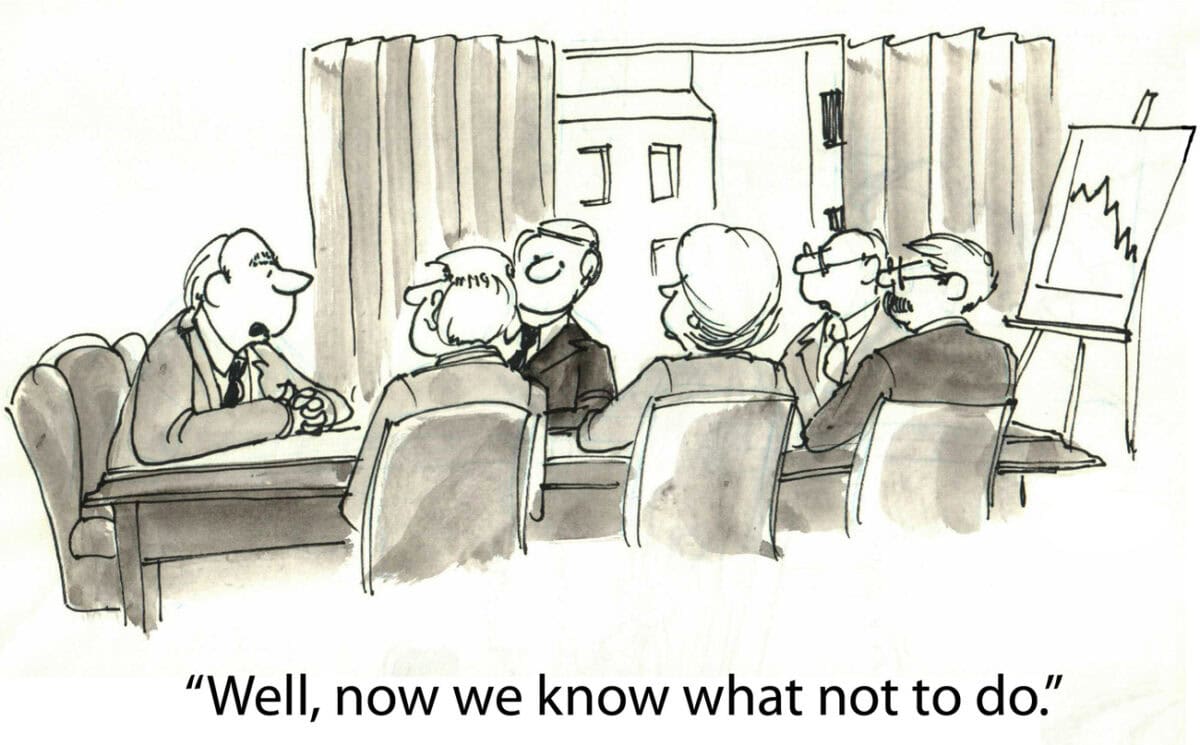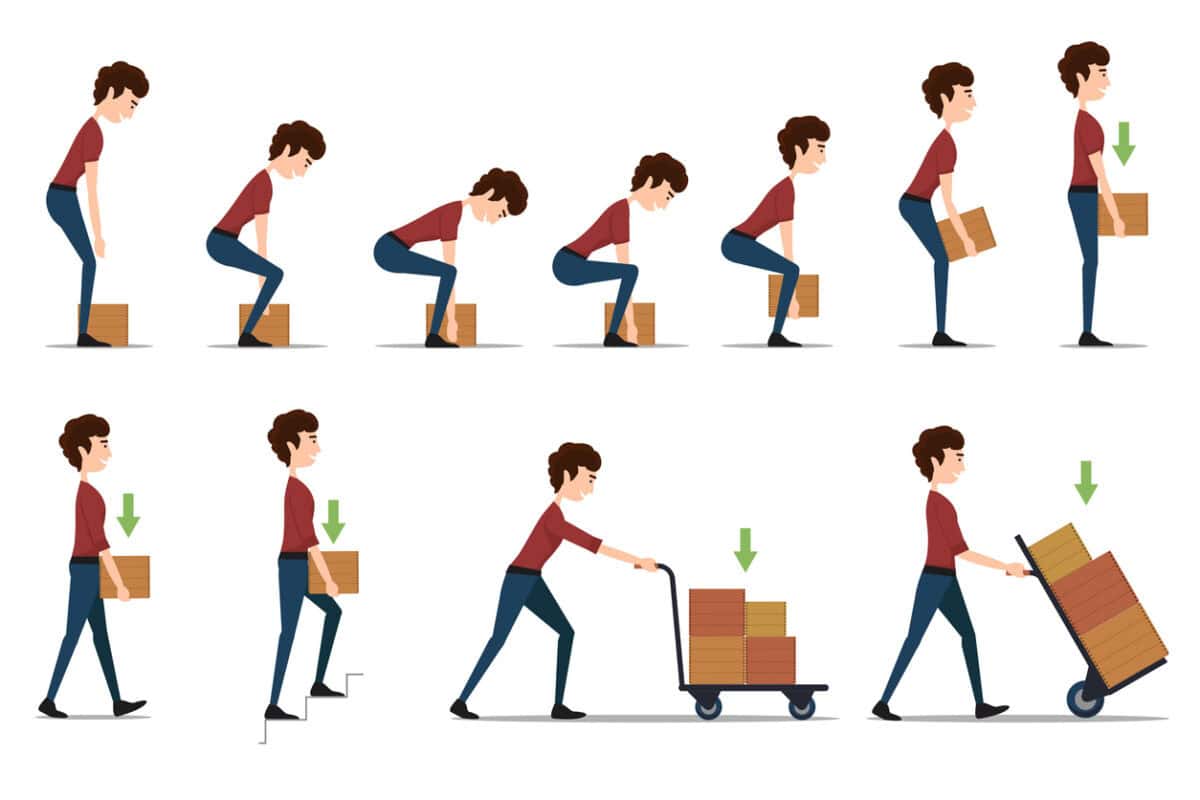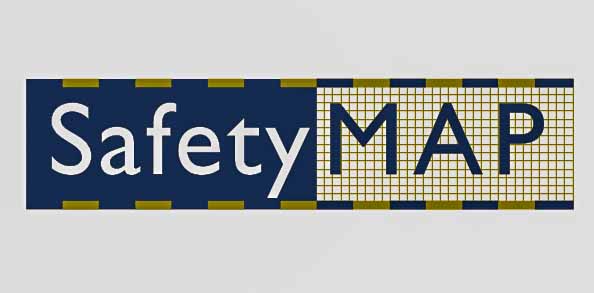A new report on sexual harassment at work by Ourwatch has been reported on by the Australian Broadcasting Corporation (ABC). The report says:
“…. found 40 per cent of workplace leaders surveyed were unaware of their new legal obligations to prevent workplace sexual harassment.”
Given that the core legislative obligation to prevent sexual harassment is over 40 years old, perhaps better questions could have been asked.

